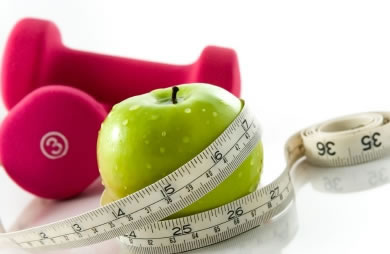 You've probably heard that rickets, bowed legs and bone deformities are all associated with a lack of vitamin D intake. But did you know that low vitamin D intake during pregnancy also increases an infant's risk for developing type 1 diabetes, asthma and even schizophrenia? Pregnant women should take notice. Research conducted at the University of Pittsburgh, which was published in a February 2007 edition of The Journal of Nutrition, shows that vitamin D deficiency during pregnancy is a widespread problem-even for women who take prenatal supplements.
You've probably heard that rickets, bowed legs and bone deformities are all associated with a lack of vitamin D intake. But did you know that low vitamin D intake during pregnancy also increases an infant's risk for developing type 1 diabetes, asthma and even schizophrenia? Pregnant women should take notice. Research conducted at the University of Pittsburgh, which was published in a February 2007 edition of The Journal of Nutrition, shows that vitamin D deficiency during pregnancy is a widespread problem-even for women who take prenatal supplements.
The study results showed that more than 80 percent of African-American women and nearly 50 percent of white women tested at delivery had levels of vitamin D that were too low. The researchers found these results to be alarming, considering that more than 90 percent of the mothers tested also took prenatal supplements during pregnancy. Once more, vitamin D levels in African-American women were low even during the summer months, when sun exposure is more likely to result in greater vitamin D production in the body. This led researchers to conclude that the current vitamin D recommendation for pregnancy (200 International Units each day, the same recommendation as non-pregnant women) is not high enough to properly meet the demands of pregnancy. BabyFit Tip: Vitamin D is known as the "sunshine vitamin" because your body can make it after sunlight hits your skin. But many things reduce your body's ability to make vitamin D from sunshine alone: your skin color (darker-skinned women have a harder time making vitamin D from the sun than lighter-skinned women do); the season (summer is the ideal time to produce vitamin D from optimal sun exposure); and even skincare products (sunscreens block UV rays from the skin and therefore inhibit the body's ability to make vitamin D). Under optimal conditions, however, about 15 minutes of sun exposure to bare arms and legs, three to four times per week, will more than meet your body's vitamin D needs. When that's not possible (like during the winter months), it's important to rely on foods. The current recommendation for vitamin D intake during pregnancy is 200 International Units (IU). Getting adequate vitamin D can be tricky though, since it isn't prevalent in many foods. Include vitamin-D-fortified foods milks and cereals, as well as fatty fish. Discuss with your doctor the appropriate prenatal supplement to use during your pregnancy. To see how much vitamin D is in the foods you eat, click here. |
Pregnant Women at Risk for Vitamin D Deficiency
Pregnancy Nutrition News Flash
Page 1 of 1






Member Comments